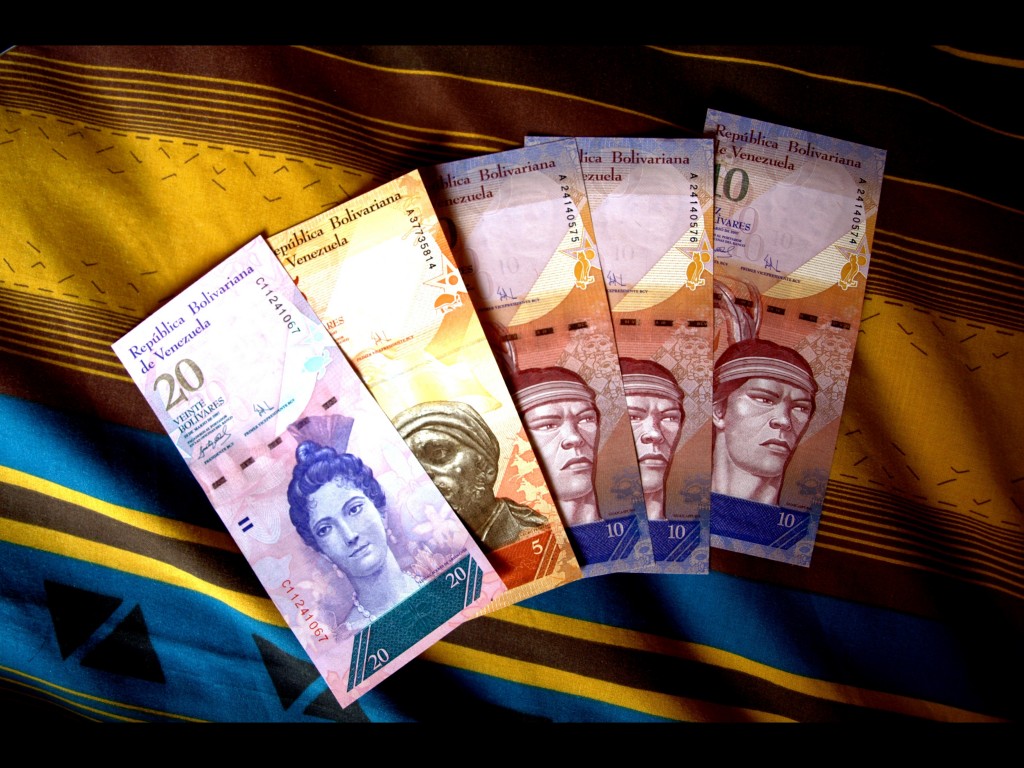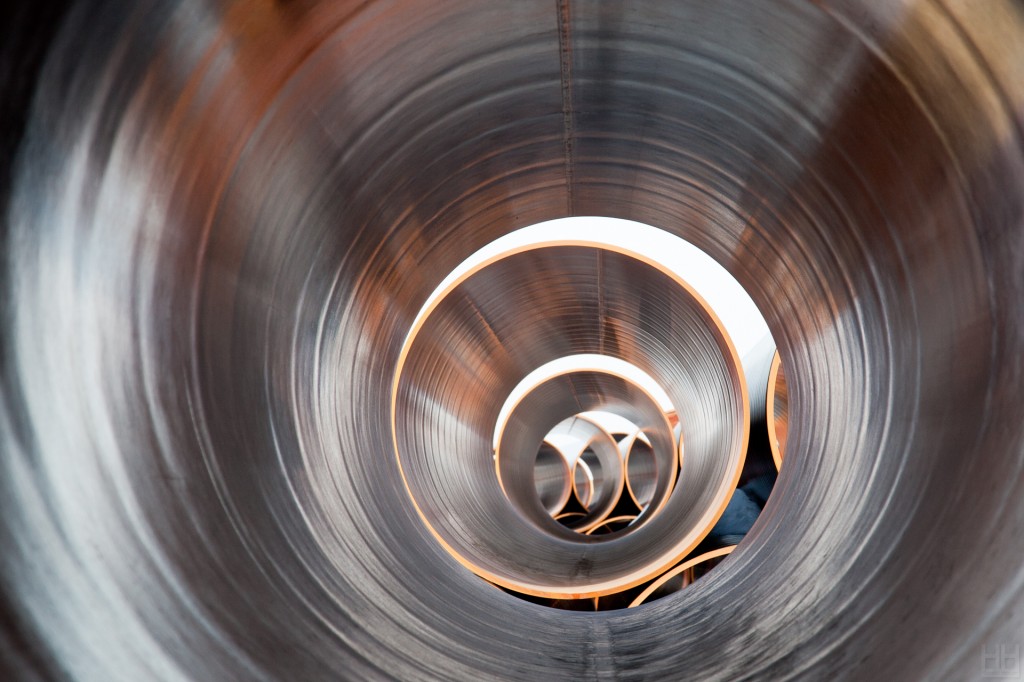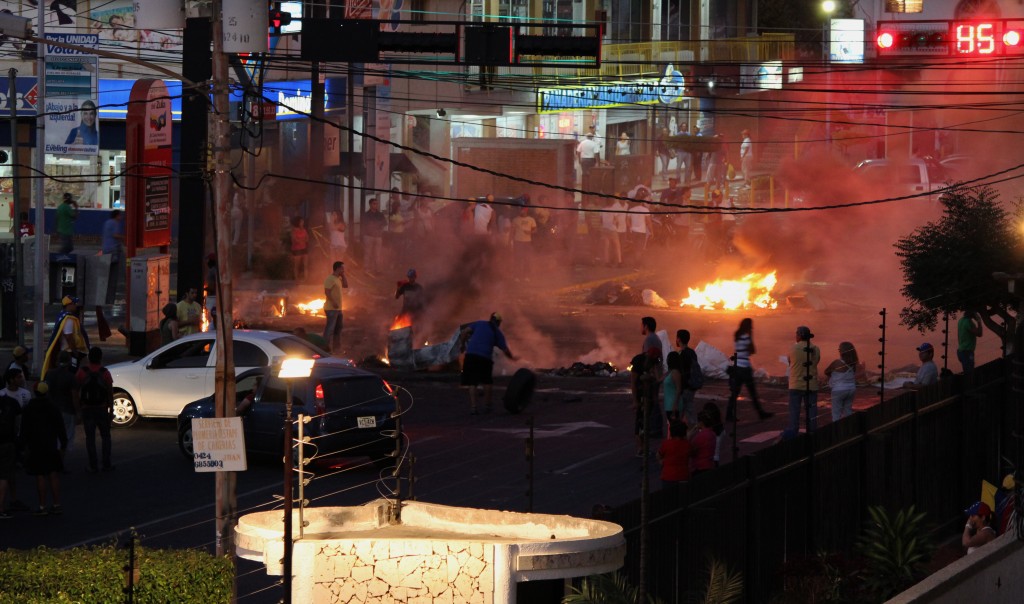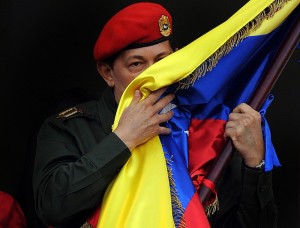
Across Latin America and the Caribbean, more than one million people have already died from Covid-19, making it the worst-hit region worldwide. The reasons are complex but, undeniably, have exposed deep inequalities across the region’s 33 countries.
Latin America’s excess death toll – those that exceed the number that normally occur over a given period – has rocketed. The failure by many countries to establish an effective public health strategy has been compounded by overwhelmed and underfunded health systems and social protection mechanisms that have not responded adequately to the enormity of the crisis.
The slow response – or in some instances complete inertia – of many nations has sealed their fate. ‘Governments in certain countries adopted a position of denying the pandemic and not establishing policies to control it,’ says Fernando Peláez-Pier, former IBA President and a senior consultant at FPeláez Consulting.
Published on 27-07-21. Read on here




